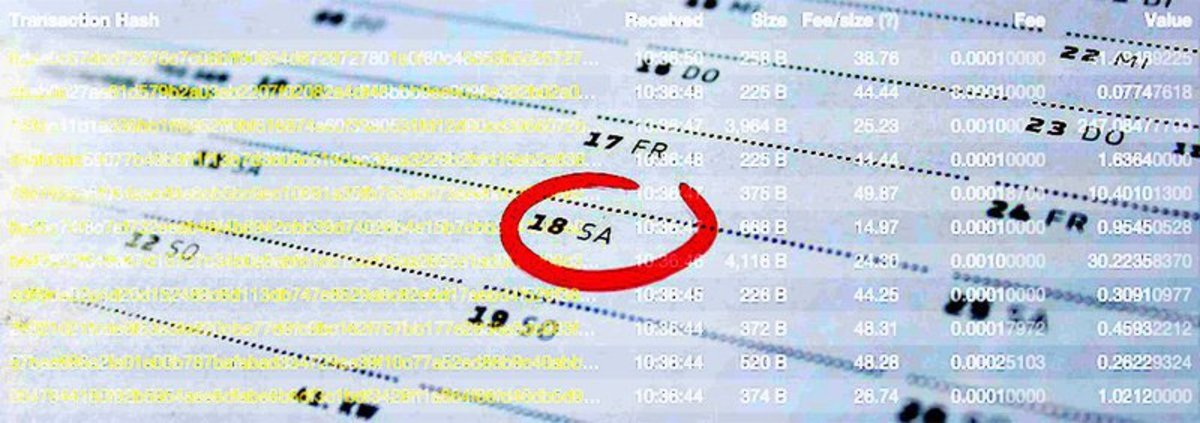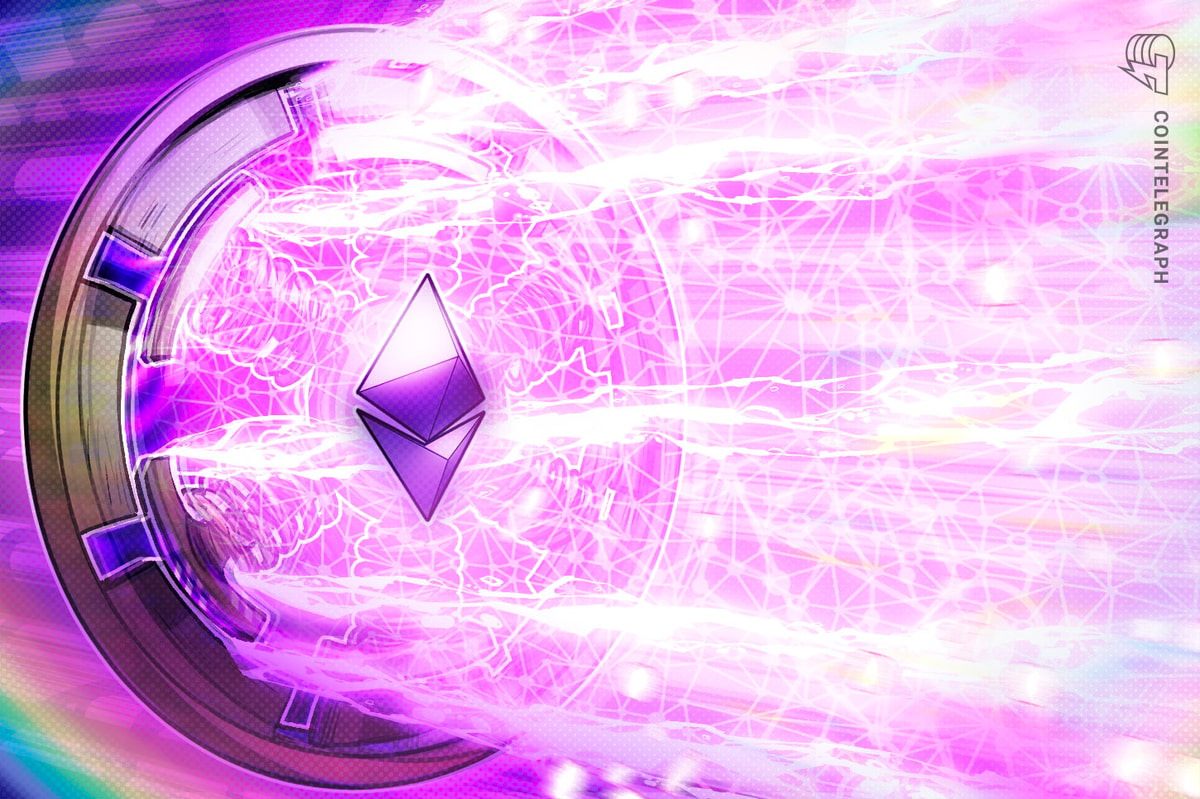
The Bitcoin network took a hit yesterday as CoinWallet ran its “stress pre-test” for about thirty minutes resulting in a “2-day delay and a 50 MB backlog” according to CoinWallet CCO James Wilson.
Reports are still coming in but it seems like most bitcoin exchanges and wallet companies were able to take the test in its stride.
Wilson also told Bitcoin Magazine today that the company will be running a major stress test on the Bitcoin network on Thursday, September 10 starting at 10 a.m. GMT.
The purpose of these stress tests is to see if the Bitcoin network can handle a barrage of very small transactions that will act like a DDOS attack but most observers see this as a “political” statement and CoinWallet’s contribution to the ongoing block size debate.
When Wilson confirmed that CoinWallet ran a preliminary pretest yesterday, he noted:
“The pre-test lasted only about 30 minutes and created a 2-day backlog. As you can imagine, September 10th will indeed be stressful.”
CoinWallet will be analyzing what happened yesterday and what the response was and will let us know the results in a few days.
The test is part of the ongoing debate that is dominating the bitcoin space as companies and communities weigh in on different solutions to the Bitcoin block size.
On September 12 and 13, the first of two Bitcoin scalability workshops “for Bitcoin’s engineering and academic community” will be held in Montreal, Canada, sponsored by a dozen digital currency companies, to try and find consensus on the best block size for bitcoin.
CoinWallet (which is a UK-based Bitcoin wallet and brokerage service) has said in the past that they are concerned that the current block size is inadequate to handle the volume of transactions in a growing bitcoin market.
As reported last week, Bitcoin exchanges and wallet companies are taking steps to prepare and most that we talked to seemed ready and able to handle the expected disruption.
This article has been corrected to reflect that CoinWallet is a brokerage and wallet service, rather than a mining company.










